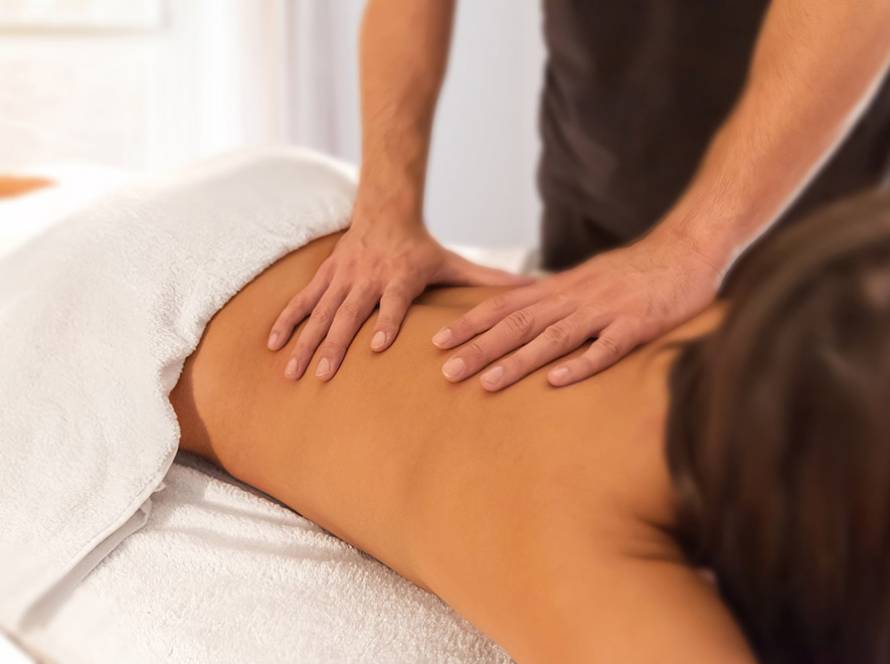1. Relieves headaches
If you have migraine or experience tension headaches, traditional Thai massage may help ease your symptoms.
In several small studies involving patients with chronic headaches, researchers found that Thai massage reduced the intensity of both migraineTrusted Source and tension headaches.
If you’re interested in trying nonpharmaceutical remedies for headache relief, it’s worth noting that researchers concluded that the benefits of Thai massage could last anywhere from several days to around 15 weeks.
2. Reduces back pain
Thai massage may be an effective, nonpharmaceutical means of reducing back pain.
ResearchersTrusted Source in Thailand studied the effects of Thai massage on a group of 120 people with nonspecific low back pain. Half the test group was treated with Thai massage and the rest with other conservative management techniques that included joint mobilization (a technique that involves applying pressure), hot packs, and manual stretching to painful areas.
Both groups were treated twice a week for 4 weeks, and both groups had significant pain relief.
Other studiesTrusted Source have found that Thai massage reduces back pain associated with trigger points — tight, painful muscle clusters — in the upper back.
3. Relieves joint stiffness and pain
Thai massage may improve your joint function if you experience pain and stiffness when you move.
In one study, researchersTrusted Source employed a program of Thai massage combined with wand exercises to study the effects on people with knee arthritis. The researchers found that the study participants felt less pain and walked with greater ease after the 8-week program.
In another studyTrusted Source involving 60 patients with osteoarthritis of the knee, researchers found that 3 weeks of Thai massage provided the same pain relief as 3 weeks of ibuprofen.
4. Increases flexibility and range of motion
If your range of motion and flexibility are affecting your athletic performance or making it hard to get around, Thai massage may help you move more easily.
Thirty-four soccer players were part of an experimentTrusted Source to test the effects of Thai massage on athletic performance. After receiving Thai massage three times in a 10-day period, the soccer players showed significant improvement in their ability to do sit-and-reach exercises.
Researchers hypothesize that the increase in flexibility may be because Thai massage has the ability to improve blood flow and oxygen supply to muscles. This, in turn, may help reduce pain and decrease muscle adhesions.
The researchers also found that the Thai massage treatments improved the players’ speed and agility on the field.
5. Eases anxiety
One of the most appealing aspects of massage therapy is the sense of calm and relaxation it can bring.
Although Thai massage is more energetic than other forms of massage therapy, it has been shown to lower anxiety and increase a systemic feeling of calm.
StudiesTrusted Source have found that people who receive Thai massage test lower on measures of psychological stress following treatment.
Brain scans of people who received Thai massage treatments showed more relaxation and much lower anxietyTrusted Source than people who underwent physical therapy treatments for the same conditions.
6. Revives energy
Thai massage incorporates whole body movements, many of which are yoga-like. For that reason, many people report that they leave Thai massage sessions feeling not only relaxed but also rejuvenated.
In one study, researchers compared the effects of Thai massage and Swedish massage on people who were fatigued.
They interviewed the participants after their massages and found that those who had Thai massage felt mentally invigorated and physically energized.
The study size was small, so more research needs to be done to confirm these results.



